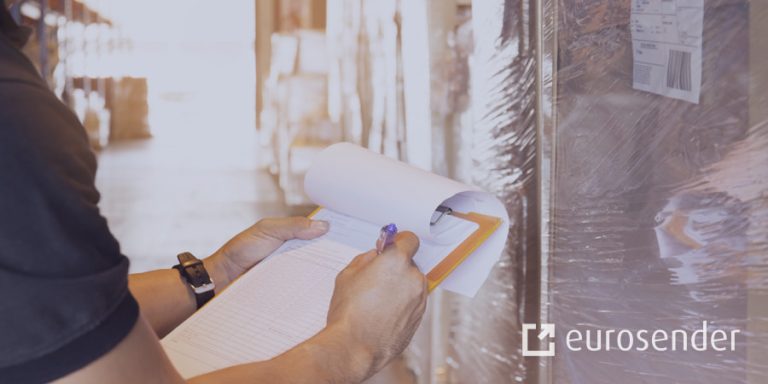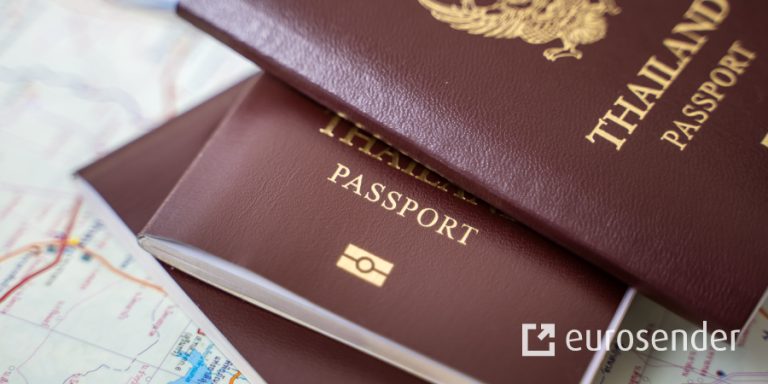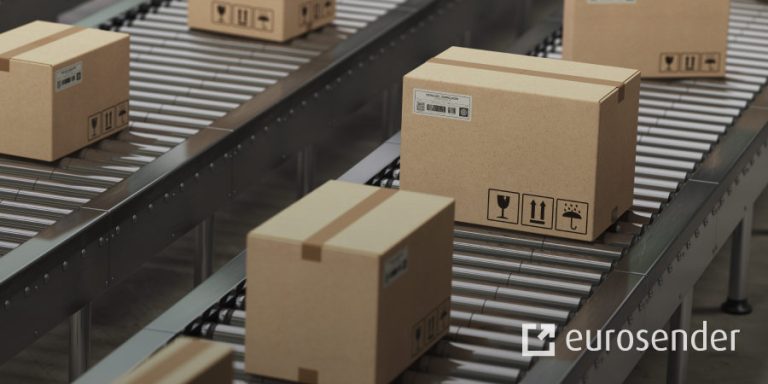Shipping Prohibited Items With Couriers – What Are the Consequences?
Shippers sometimes wonder if DHL, or other couriers, open packages to scan them for drugs and other prohibited items. Logistics companies and some countries impose specific regulations when shipping such prohibited items with courier services.
If you are shipping within the European Union, the courier driver will most likely not check the content of the package, until later. Instead, they will rely on the declaration provided by the customer during the booking process. Therefore, every sender is responsible for the content he/she is shipping, and if they comply with the logistics provider’s policy.
In general, if you ship globally, the courier driver will check your parcel when he/she collects it; therefore, it is essential to leave it open until the driver comes. The package will also go through customs and scanners, but more on that, find out below in this article.
You may also be interested in:
UPS, DHL, FedEx and other courier companies have an extensive prohibited items list, and it is well beyond the most prominent examples such as drugs or explosives.
Are you interested in the full list of prohibited items with courier services? Click the button below and find out what is on the prohibited and restricted items list with UPS, DHL, FedEx, and other logistics providers.
How can couriers discover prohibited items in a parcel?
There are several ways in which the courier services can find out that someone is shipping prohibited items. The following are the most common:
With the help of customs
All packages travelling from/to a non-European Union country, go through customs. Naturally, packages sent between the EU and non-EU countries (Albania, Iceland, Macedonia, Montenegro, Norway, Switzerland, etc.) cannot avoid x-rays and manual check-ups.
Since the goods circulate more or less freely among EU members, the parcels travelling by road within the EU are thus not likely to be checked by customs. However, this does not mean that there is no control at all. The authorities still sporadically check a certain number of shipments, which means that there is no way of knowing whether a parcel will undergo customs clearance or not.
Inspection of suspicious parcels
In some cases, even the courier services themselves have the right to open a package and thoroughly inspect its contents in the following situations:
- The shipment is damaged or inappropriately packed. In most cases, couriers discover restricted and not recommended items in shipments that show signs of damage and therefore require a closer check-up.
- Signs of leakage or smells raise suspicions. While stains on the package might be a sign of leakage, an unpleasant odour can indicate that one is dealing with a perishable item gone bad. Both cases present a justifiable cause for the depot workers to inspect the shipment.
- The shape of the packaging itself is suspicious. If the form of the packaging reminds of a restricted or forbidden item, courier service workers are likely to inspect it. To avoid confusion when shipping items that look like forbidden goods consider them packing wisely.
When a shipment is missing
If a package is missing, the courier service will require a complete and accurate description of its exterior as well as its contents to ease and expedite the search process. If they find the package, they might also open it to make sure it matches your description.
Read more about:
- Missing parcels with courier companies
- Legal rights for missing parcels
- Damaged parcels during delivery
What if you place restricted or forbidden items inside a package?
So, what happens if the courier discovers forbidden items inside the package? Unfortunately, there is no straight answer to this question as every courier service has its own rules and procedures. However, some scenarios are most likely:
- The courier service removes the items. In some cases, the courier services simply take the prohibited items out of the package and continue with the delivery process. They might also ship these items back to the sender.
- The courier service confiscates the items. In this case, they will likely destroy the package.
- The courier will return the parcel to the sender. The whole box will be delivered back to the sender’s address.
- The sender must book another service. When shipping items that are not suitable for standard delivery, the courier service can require the sender to arrange the transport with a different company that can safely carry such items.
- The courier will report the sender to the authorities. For example, if a company like DHL opens the package or scans the package for drugs, you may not find yourself in an enjoyable situation. What happens is, if UPS or other companies find drugs in your package, or even other prohibited and illegal items, they will report you to the police.
The shipping service can also charge the sender if the contents of their package damage other parcels during transport.
How can I avoid shipping prohibited items?
If you are not entirely sure if you can ship a particular item or not, first check the chosen courier’s list of prohibited items on their official pages.
Our shipping professionals are well acquainted with the laws as well as the rules of shipping companies. They know what can and cannot be shipped and will be most happy to advise you.
Additional guides on shipping specific items considered restricted or prohibited
To give you more information about specific items, we have prepared the following guides:
- Shipping liquids
- Shipping hand sanitizer (isopropyl or ethanol)
- Sending aerosol cans
- Shipping lighters
- Sending pepper sprays
- Shipping items containing lithium batteries
- Sending a car battery
- Shipping knives
- Shipping SIM cards
- Sending credit cards
- Shipping dry ice
- Shipping ice cream
- Shipping frozen food
- Shipping raw or frozen meat
- Transporting livestock
- Transporting toxic goods
- Shipping packages that need to be refrigerated
This article was written in cooperation with Eurosender’s customer support specialist, Turalp Ture.







